
Kód: 12537422
Les Mythes D'Homere Et La Pensee Grecque
Autor Felix Buffiere
Homer’s writings have always fascinated readers, and his influence has not waned from ancient times to our own day (Paul Claudel, Gabriel Audisio, Joyce, Cavafy, Kazantsakis). Yet some philosophers (Xenophanes, Plato, Epicurus) ha ... celý popis
- Jazyk:
 Francúzština
Francúzština - Väzba: Pevná
- Počet strán: 680
Nakladateľ: Les Belles Lettres, 2010
- Viac informácií o knihe

Mohlo by sa vám tiež páčiť
-

Simple Et Touchant Souvenir de l'Annee 1871
13.68 € -
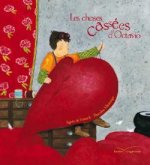
Les choses cassees d'Octavio
42.70 € -4 % -

Les Pescheurs Illustres
17.77 € -

Belki Yakin
15.52 € -

A Manual of Shoemaking and Leather and Rubber Products
31.26 € -

Libby Life
29.11 € -2 % -

Boudoir: Celebrating the essence of women
21.86 € -16 % -

Life on the Road and in the Air Travel Journal Girl Edition
9.39 € -

City Images
218.76 € -

Einsatz von interaktiven Whiteboards im Englischunterricht
38.31 € -1 % -

Lebanese in the World
137.93 € -

The Mother of All Pregnancy Organizers
26.05 € -18 % -

Bear Island
13.17 € -19 % -

Lee's Tar Heels
45.36 €
Darujte túto knihu ešte dnes
- Objednajte knihu a vyberte Zaslať ako darček.
- Obratom obdržíte darovací poukaz na knihu, ktorý môžete ihneď odovzdať obdarovanému.
- Knihu zašleme na adresu obdarovaného, o nič sa nestaráte.
Viac informácií o knihe Les Mythes D'Homere Et La Pensee Grecque
Nákupom získate 238 bodov
 Anotácia knihy
Anotácia knihy
Homer’s writings have always fascinated readers, and his influence has not waned from ancient times to our own day (Paul Claudel, Gabriel Audisio, Joyce, Cavafy, Kazantsakis). Yet some philosophers (Xenophanes, Plato, Epicurus) have been harsh critics of Homeric poetry. Xenophanes (6th century BC) reproached Homer for giving the gods an unflattering and immoral reputation. Plato, on the other hand, believed that the study of philosophy should sublimate the study of Homeric poetry, which, in the latter’s day, was the foundation of learning for Greek youths. However, ancient Greeks never ceased to analyse Homeric myths in an attempt to identify their origins. They believed that Homeric poetry and philosophy had to be reconciled in order to discover the myths’ hidden meaning, a process called “allegorical exegesis.” The latter began in the early 6th century BC with Theagenes of Rhegium and lasted until Proclus (5th century AD).For Greeks, myths are a deceptive envelope whose secret needs to be penetrated in order to grasp the idea behind the image.Homeric exegesis developed on three major levels : Physics : According to allegorists, Homer’s myths delved into scientific notions about the very structures of the universe. For example, gods were nothing other than primordial elements (air, ether, water, fire and earth) which indulged in cosmic conflicts. Morality : Myths were a reflection of virtue (Plutarch, Cassius Maximus Tyrius) and taught individuals how to conduct themselves heroically, sensibly and wisely. Theology : Neoplatonicians (Porphyry of Tyre, Proclus) believed that Homer’s gods had their respective counterparts in Neoplatonism’s gods and demons, as well as in their belief in the transmigration of souls (the adventures of Ulysses, Calypso, Circe and the Sirens). Homer’s myths revealed the real world’s structure because they were no longer deemed to be fictional, but rather pure, truths. The allegorical exegesis tradition thrived until the Byzantine era and even on up to the Renaissance.
 Parametre knihy
Parametre knihy
96.04 €
- Celý názov: Les Mythes D'Homere Et La Pensee Grecque
- Autor: Felix Buffiere
- Jazyk:
 Francúzština
Francúzština - Väzba: Pevná
- Počet strán: 680
- EAN: 9782251326733
- ISBN: 2251326731
- ID: 12537422
- Nakladateľ: Les Belles Lettres
- Hmotnosť: 1133 g
- Rozmery: 246 × 168 × 41 mm
- Dátum vydania: October 2010
Obľúbené z iného súdka
-
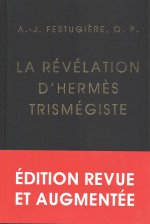
La Revelation D'Hermes Trismegiste: Edition Definitive, Revue Et Corrigee
227.85 € -
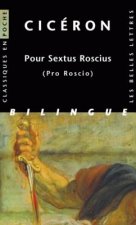
Ciceron, Pour Sextus Roscius: (Pro Roscio)
17.67 € -

Les Noms Latins D'Astres Et de Constellations
71.52 € -
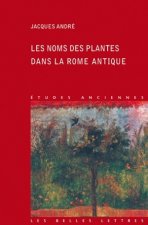
Les Noms Des Plantes Dans La Rome Antique
52.71 € -15 % -
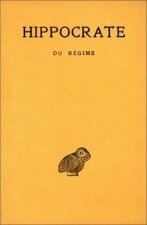
Hippocrate, Tome VI, 1re Partie: Du Regime
36.37 € -
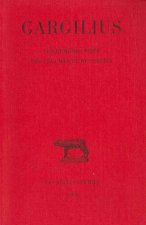
Gargilius Martialis, Les Remedes Tires Des Legumes Et Des Fruits
55.47 € -
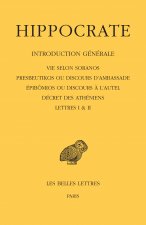
Tome I, 1re partie : Introduction générale
108.81 € -
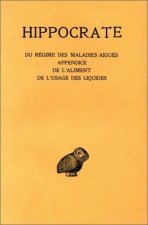
Hippocrate, Tome VI, 2e Partie: Du Regime Des Maladies Aigues. - Appendice. - de L'Aliment. - de L'Usage Des Liquides
36.37 € -

Galien, Oeuvres. Tome IX, 1re Partie: Commentaire Au Regime Des Maladies Aigues d'Hippocrate: Livre I
55.47 € -
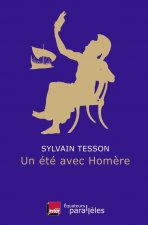
Un ete avec Homere
19.51 € -14 % -

L'Art de La Deformation Historique Dans Les Commentaires de Cesar
66.82 € -
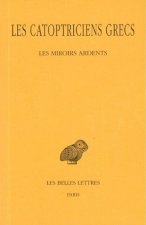
Les Catoptriciens Grecs
67.33 € -
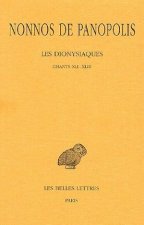
Nonnos de Panopolis, Les Dionysiaques: Chants XLI-XLIII
55.47 € -
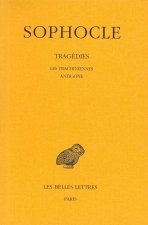
Sophocle, Tragedies: Tome I: Introduction. - Les Trachiniennes - Antigone.
30.44 € -
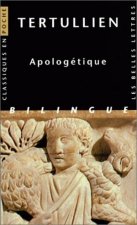
Tertullien, Apologetique
18.89 € -
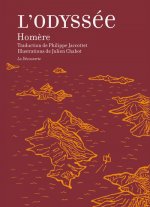
L'Odyssée (édition grand format illustrée)
30.64 € -
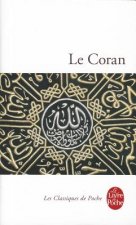
Le Coran
10.82 € -
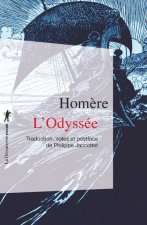
L'Odyssée (NE)
17.87 € -
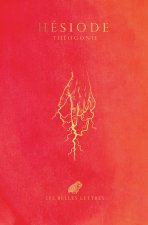
Hesiode, Theogonie
25.43 € -
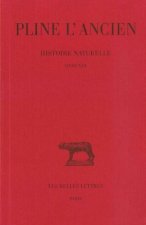
Pline L'Ancien, Histoire Naturelle: Livre XXX. (Remedes Tires Des Animaux).
32.99 € -
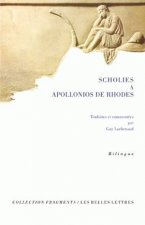
Publilius Syrus: Sentences
66.82 € -
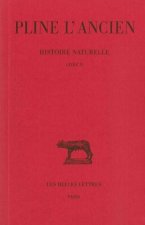
Pline L'Ancien, Histoire Naturelle: Livre X. (Des Animaux Ailes).
26.97 € -

Nonnos de Panopolis, Les Dionysiaques: T. XIX: Index General Des Noms Propres
30.44 € -
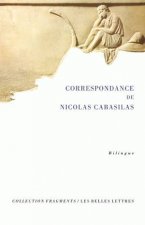
Nicolas Cabasilas: Correspondance de Nicolas Cabasilas
44.13 € -

SAN ZI JING, BAI JIAXING, QIAN ZIWEN, DI ZIGUI, QIAN JIASHI (LIVRE CLASSIQUE) (classique- simplifié)
21.35 € -

Sidoine Apollinaire, T. III: Correspondance. Livres VI-IX
68.04 € -
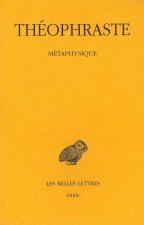
Theophraste, Metaphysique
44.64 € -
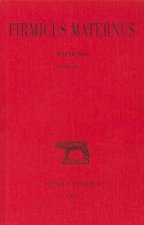
Firmicus Maternus, Mathesis: T. II: Livres III-V.
59.05 € -
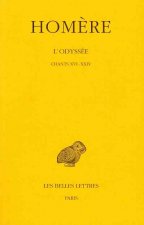
Homere, L'Odyssee: Tome III: Chants XVI-XXIV.
45.97 € -

Nonnos de Panopolis, Les Dionysiaques: Tome X: Chants XXX-XXXII.
49.45 € -

Pline L'Ancien, Histoire Naturelle: Livre XIII. (Des Plantes Exotiques).
26.97 € -
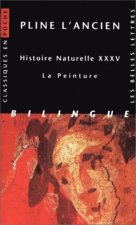
Pline L'Ancien, Histoire Naturelle, Livre XXXV, La Peinture: La Peinture
17.36 € -
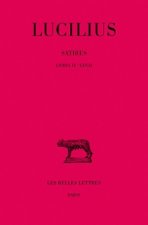
Lucilius, Satires: T. II: Livres IX-XXVIII.
36.37 € -
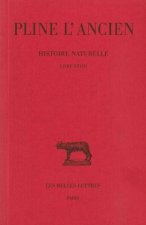
Pline L'Ancien, Histoire Naturelle: Livre XXVIII. (Remedes Tires Des Animaux).
26.97 € -
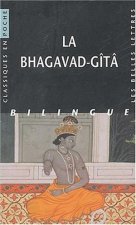
La Bhagavad-Gita
12.86 € -
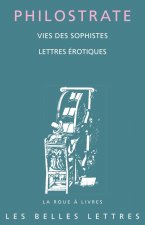
Philostrate, Vies Des Sophistes: Suivies de Lettres Erotiques
34.12 € -
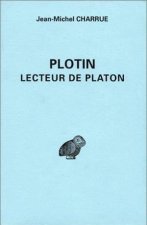
Plotin, lecteur de Platon
34.32 € -

La Bhagavad-Gita
27.17 € -
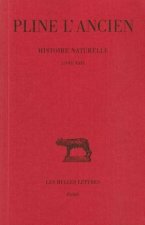
Pline L'Ancien, Histoire Naturelle: Livre XXIX. (Remedes Tires Des Animaux).
26.97 € -
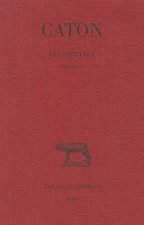
Caton, Les Origines. Fragments
39.94 € -
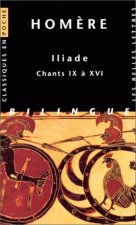
Homere, Iliade: Chants IX a XVI
16.03 € -
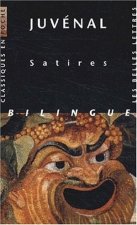
Juvenal, Satires
17.87 € -
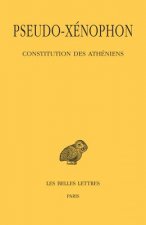
Pseudo-Xenophon: Constitution Des Atheniens
55.47 € -
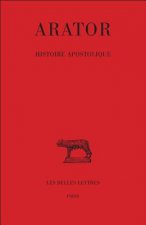
Arator, Histoire Apostolique
93.48 € -
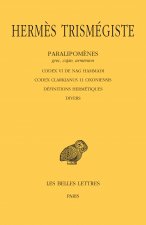
Paralipomènes. Tome V : Codex VI de Nag Hammadi - Codex Clarkianus 11 Oxoniensis - Définitions hermétiques - Divers
108.81 € -
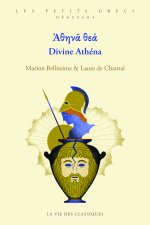
Άθηνἀ Θεἀ. Divine Athéna
13.17 € -

Œuvres morales. Tome XV, 3e partie : Traités 73, 74, 75
78.57 € -

Nonnos de Panopolis, Les Dionysiaques: Tome II: Chants III-V.
36.37 € -

Hippocrate, Hippocrate: T. XII, 1re Partie, Nature de La Femme
55.47 €
Osobný odber Bratislava a 2642 dalších
Copyright ©2008-24 najlacnejsie-knihy.sk Všetky práva vyhradenéSúkromieCookies



 21 miliónov titulov
21 miliónov titulov Vrátenie do mesiaca
Vrátenie do mesiaca 02/210 210 99 (8-15.30h)
02/210 210 99 (8-15.30h)